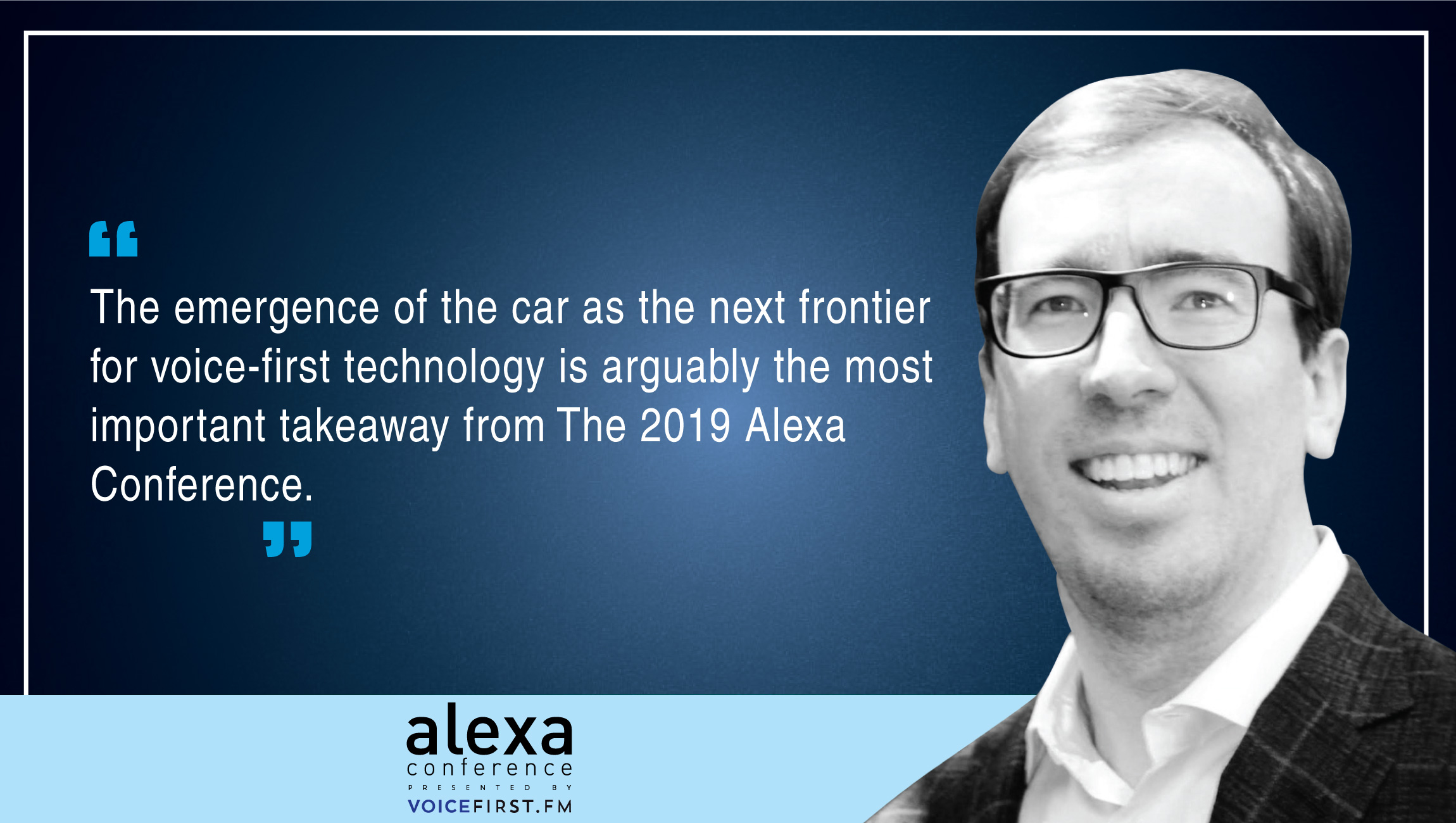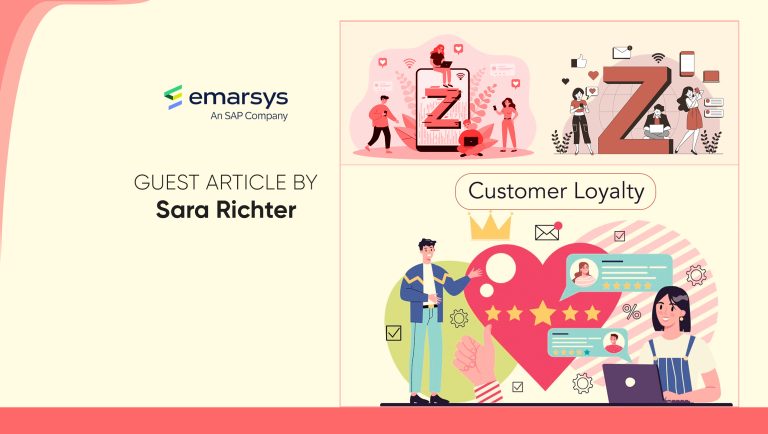
From a marketing standpoint, what were the important takeaways from The 2019 Alexa Conference?
The emergence of the car as the next frontier for Voice-first technology is arguably the most important takeaway from the event. Around 77 million people in America use Voice Assistants or other Voice Tech in the car versus 45 million in the home. Automakers are moving quickly to incorporate Alexa, Google Assistant, or even technology like SoundHound’s Houndify Voice Assistant (used in Mercedes, Hyundai, Kia, and other vehicles), and marketers need to begin thinking critically about how to extend their brands and core products and services into the automobile, via Voice.
Latest Update:MarTech Interview with Warren Levitan, CEO and Co-Founder, Smooch
Who were some of the speakers during the event that spoke about the role Voice assistants, Smart speakers, and other IoT-related technology are playing within a marketing capacity?
Almost every speaker, from Nolan Bushnell and Paul Cutsinger of Amazon on down to the numerous breakout sessions mentioned, in some way, the role that Voice is playing with marketing. Ben Fisher of Magic & Company spoke about several marketing wins that have taken place with Voice, from Jim Beam’s “smart decanter” which responds to Voice commands to Alexa skills that the company has completed for Warner Bros Records and Purell and others that have succeeded in driving awareness and sales.
Marketing Technology News: Study: 55 Percent Say API Integration Is “Critical” to Business Strategy
The rise of Voice-first technology has not been without its detractors. Did anyone at The Alexa Conference speak out on some of the problems that Alexa has had since its launch?
Yes. Melissa Campbell of the Campaign for a Commercial-Free Childhood spoke on the necessity of limiting the reach of these smart speakers and Voice Assistants out of the lives of children, mainly because she sees a lot of these endeavors as simply a marketing device for the broader array of Amazon and Google corporate services. She brought up several good points, and indeed, it’s wise to monitor how children engage with these devices because, like any technology, they will push the envelope and see how far it will go.
MarTech Blog: The Current State of the Ad Tech and Martech Industries
What aspects of the user experience are the most important, as brands and organizations look to create voice experiences, Alexa skills, Google Home actions, and more?
Working with a partner, or a set of tools, that will enable the Alexa skill or Google Home action to truly answer the customer’s queries and provide the information (or entertainment) that he or she was looking for is paramount. It needs to be easy and it needs to truly be conversational, and soon the bar will be raised to where these Voice experiences will need to be context-driven and proactive, rather than reactive, but we’re not quite there yet.
MarTech Update: 5 Ways Mobile is Driving the Next Wave of Technological Innovation
The other consideration that is critical for marketers with Voice is to consider the role that audio branding plays. We have known that audio cues play an important role in building brand recognition and affinity, and you can multiply that several times over in the realm of voice-first technology. Specific voices, specific musical jingles, specific audio sequences and more can either contribute to building a brand or contribute to tearing a brand down.
You can’t just have Alexa talk about your company, brand, products and services – you need to construct some semblance of an audio experience which can be remembered.
What do we as marketers need to be doing to make our brands more discoverable within these Voice ecosystems?
The first and most obvious thing is simply to be a participant. Your company needs to have at least one Alexa skill, if not multiple, as well as Google Home actions, which can be merely informational in nature all the way up to providing interesting, value-added conversational experiences for users that they can’t find anywhere else.
Once you’ve done that, you should certainly promote the existence of these Voice experiences, while staying on top of voice-first news as it relates to Amazon and Google’s young ecosystems. This will help you figure out the best ways to leverage their technology. Meanwhile, regular testing of your company’s Voice experiences across multiple types of devices is a must, as sometimes things stop working correctly on one type of device while they remain perfectly viable on others.
Thank you for chatting with us today!
Bradley Metrock is CEO of Nashville-based Score Publishing, which produces The Alexa Conference. He also founded podcast network VoiceFirst.FM, hosts the popular show This Week In Voice, and published the audiobook Perspectives on Gender in #VoiceFirst Technology.
In addition, he produces VoiceFirst Events and founded the industry association VoiceFirst.Community. He has been quoted by organizations as diverse as Mayo Clinic to Voicebot.AI to Forbes, and is cited as a top voice and AI thought leader.
The Alexa Conference, presented by podcast network VoiceFirst.FM, took place at the beginning of the year, Jan. 15-17, 2019, in Chattanooga, Tenn. This worldwide gathering of the Alexa development community brought together executives, marketers, developers, entrepreneurs and strategists – all the roles involved in conceiving and creating great voice experiences.
The Alexa Conference program featured exhibits and educational presentations from notables like Nolan Bushnell, CEO of X2 Games (who previously established Atari, Inc. and the Chuck E. Cheese’s Pizza Time Theatre chain), and Kesha Williams, software engineering manager for Chick-fil-A corporate.
Amazon was the 2019 Platinum Sponsor (as well as a presenter). Highlights of other companies that sponsored or presented included: Magic & Company, Gimlet Media, Mayo Clinic, LEGO, EPB Fiber Optics, Applause, Botmock, SoundHound, Inc., Capstone, Novel Effect, Audioburst, Orbita, Earplay, Lifepod, Tellables, PullString, Voice Metrics, Oaktree Products, Inc. and PrivaKey.
























